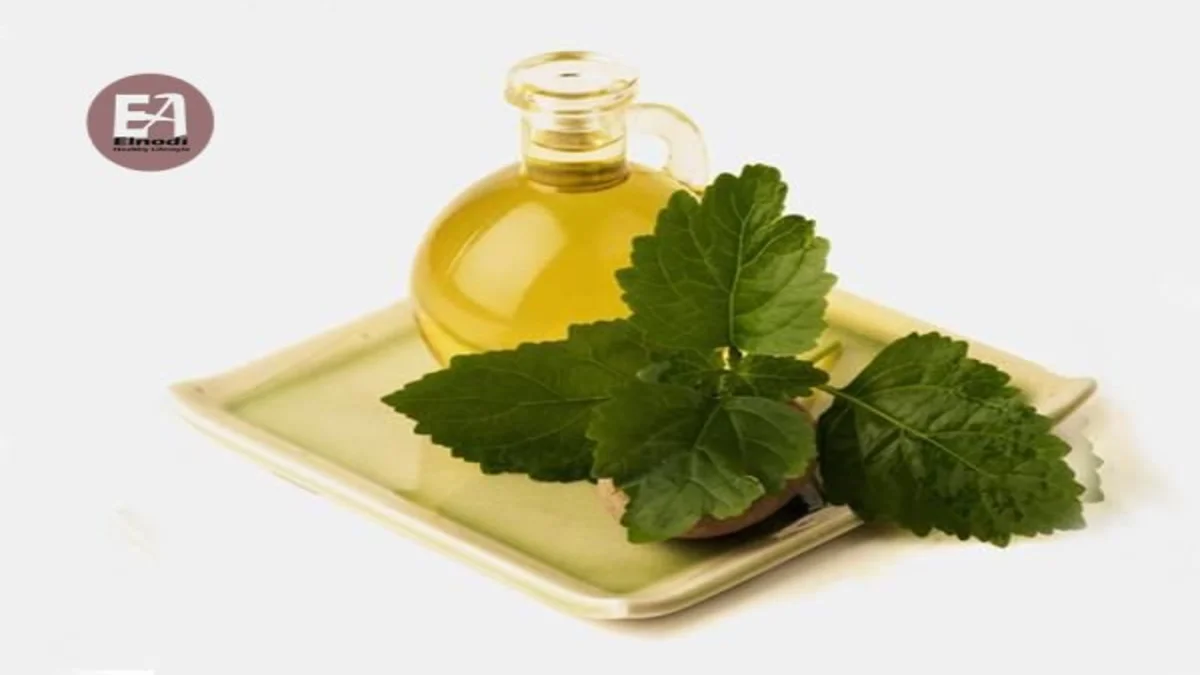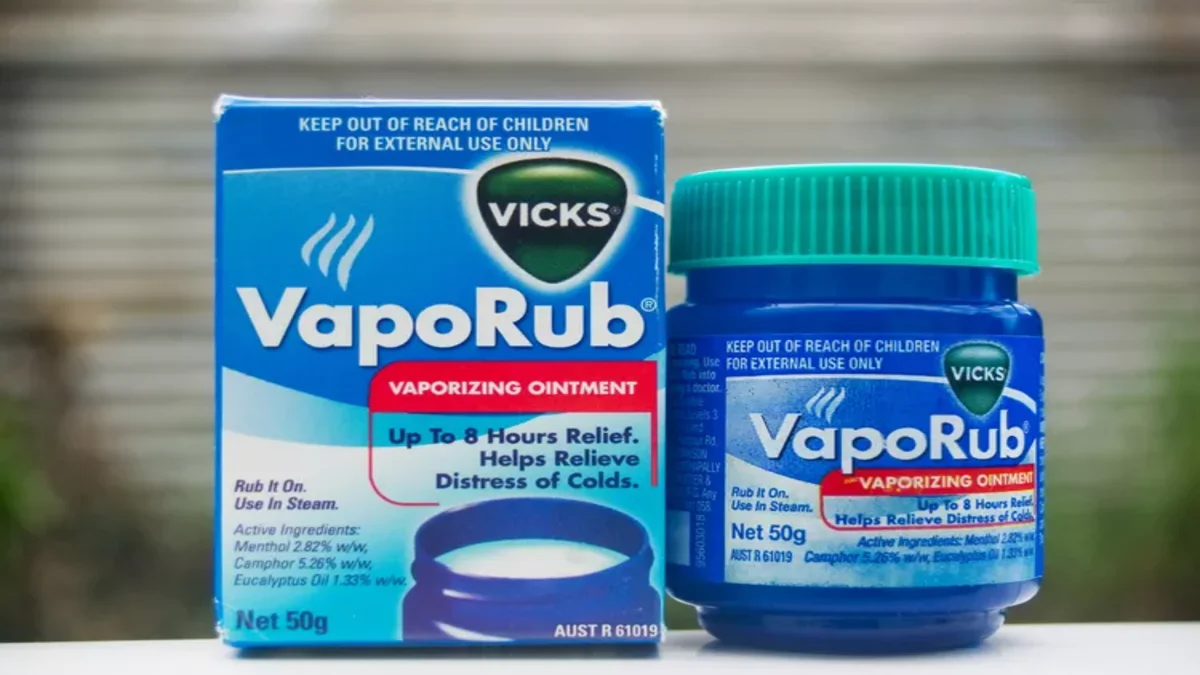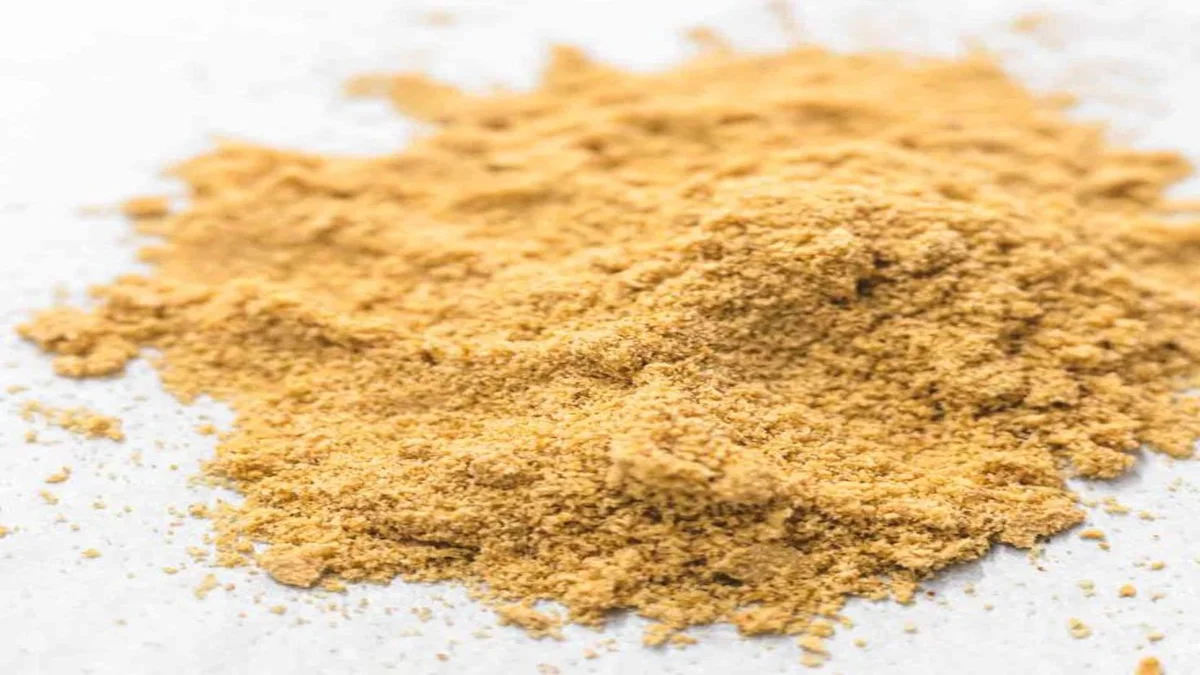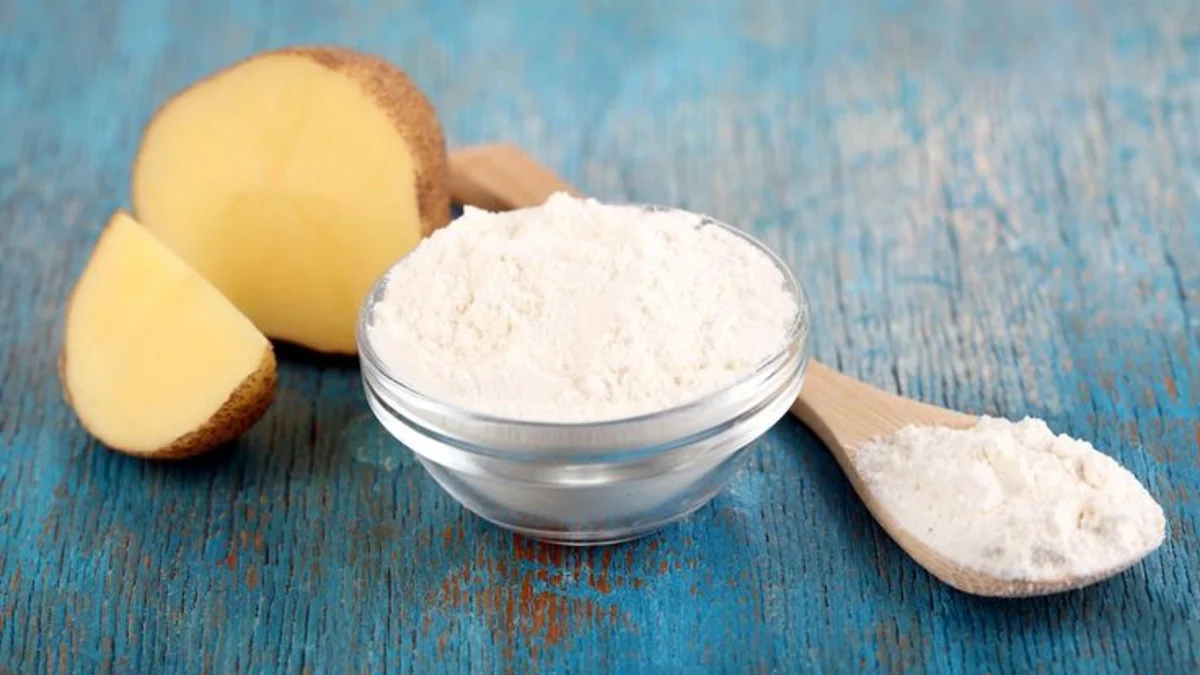Are you looking for a natural way to achieve tranquility and relaxation in your daily life? Look no further than patchouli oil. This ancient essential oil has been used for centuries for its calming and grounding properties.
Patchouli oil is derived from the leaves of the patchouli plant, a member of the mint family. It has a rich history of use in traditional medicine and aromatherapy, known for its ability to promote feelings of peace and serenity.
What is Patchouli Oil?
Patchouli oil is a natural essential oil derived from the leaves of the Patchouli plant, scientifically known as Pogostemon cablin. It’s widely renowned for its distinct earthy, musky, and slightly sweet aroma. The oil is extracted through steam distillation of the leaves, resulting in a thick, dark liquid with a rich scent.
Historically, it has been used for its therapeutic properties in traditional medicine, particularly in Asian cultures. It’s believed to have antiseptic, anti-inflammatory, and antidepressant properties, making it a popular choice in aromatherapy and skincare products.
In aromatherapy, it is often used to promote relaxation, reduce stress, and uplift mood. It’s also utilized in perfumery for its unique and long-lasting fragrance notes. Additionally, patchouli oil is sometimes incorporated into cosmetic formulations for its skin-soothing and rejuvenating effects.
Overall, patchouli oil is a versatile and cherished essential oil valued for its aromatic qualities and potential health benefits.
What is patchouli oil good for?
It is renowned for its versatile benefits, which include:
Aromatherapy: It is commonly used in aromatherapy to promote relaxation, reduce stress, and alleviate anxiety. Its rich, earthy scent is believed to have grounding and calming effects on the mind and body.
Skin Care: It possesses antiseptic and anti-inflammatory properties, making it beneficial for various skin conditions. It can help soothe irritated skin, reduce inflammation, and alleviate conditions such as acne, eczema, and dermatitis. Additionally, patchouli oil is used in skincare products for its ability to promote cell regeneration and maintain healthy skin.
Mood Enhancement: The aroma of patchouli oil is often associated with feelings of warmth, sensuality, and comfort. It’s used to uplift mood, boost confidence, and ease feelings of depression or emotional fatigue.
Insect Repellent: It has natural insect-repellent properties, which can help deter mosquitoes, flies, and other pests. It’s often used in natural insect repellent formulations to keep bugs at bay without the use of harmful chemicals.
Hair Care: It is believed to promote healthy hair and scalp. It can help regulate sebum production, making it beneficial for both oily and dry scalp conditions. Additionally, patchouli oil is used to strengthen hair follicles, prevent dandruff, and add shine to the hair.
Aphrodisiac: In some cultures, patchouli oil is considered an aphrodisiac due to its musky and exotic scent. It’s believed to enhance sensuality, intimacy, and sexual desire when used in aromatherapy or applied as a personal fragrance.
Overall, it offers a wide range of benefits for both physical and emotional well-being, making it a popular choice in natural healthcare and beauty products.
How to use patchouli oil?

It can be used in various ways to enjoy its aromatic and therapeutic benefits. Here are some common methods of using patchouli oil:
Aromatherapy: Add a few drops of patchouli oil to a diffuser or oil burner to fill the room with its calming aroma. Inhaling the scent can help reduce stress, promote relaxation, and uplift mood.
Massage: Dilute patchouli oil with carrier oil, such as coconut oil or sweet almond oil, and use it for a soothing massage. This can help relieve muscle tension, alleviate pain, and improve circulation. Aim for a dilution ratio of about 2-3 drops of patchouli oil per teaspoon of carrier oil.
Skincare: It has skin-soothing properties and can be added to skincare products or used directly on the skin (after dilution) to promote healthy-looking skin. It may help with conditions like acne, eczema, and dryness. Add a few drops of patchouli oil to your favorite moisturizer or facial oil, or create a DIY facial toner by mixing it with witch hazel and water.
Bath: Enjoy a relaxing bath by adding a few drops of patchouli oil to warm bathwater. This can help soothe sore muscles, calm the mind, and promote a sense of well-being. Alternatively, you can mix patchouli oil with a carrier oil or bath salts before adding it to the bath.
Perfume: Create your natural perfume by blending patchouli oil with other essential oils, such as lavender, bergamot, or citrus oils. Dilute the blend with a carrier oil and apply it to pulse points like wrists, neck, and behind the ears for a personalized fragrance.
Household Freshener: Add a few drops of it to a spray bottle filled with water and use it as a natural air freshener. Spritz it around your home to eliminate odors and create a pleasant ambiance.
When using it topically, it’s essential to perform a patch test on a small area of skin first to check for any potential allergic reactions. Additionally, pregnant women and individuals with certain medical conditions should consult a healthcare professional before using patchouli oil.
Side effects
When applied topically, It rarely causes skin irritation or an allergic reaction. However, you should still exercise caution when using it for the first time in case there is a reaction. Never put undiluted essential oil of patchouli on your skin.
Due to its potential to impact blood coagulation, it should not be used by the following individuals:
- Those taking blood thinners
- People who have recently had or will be undergoing major surgery.
- Those suffering from hemophilia or other bleeding disorders
As always, keep in mind that essential oils are highly concentrated and should be thoroughly diluted before applying to the skin or utilized for aromatherapy.
Never consume any essential oil without first consulting a competent medical expert.
Summary
The leaves of the patchouli plant yield an essential oil called patchouli oil. It’s frequently used to treat ailments of the skin, reduce tension, and regulate hunger. The diluted oil can be used for aromatherapy or applied topically to the skin.
Research is starting to demonstrate that patchouli oil does have anti-inflammatory, antibacterial, and pain-relieving qualities, even though the majority of the evidence for its health benefits is anecdotal.
FAQs
Why is patchouli oil offensive?
What does patchouli smell like?
How do I store patchouli oil?
What is the difference between light and dark patchouli oil?
Can I put patchouli oil in my hair?
Disclaimer: The information provided here is for educational/awareness purposes only and is not intended to be a substitute for medical treatment by a healthcare professional and should not be relied upon to diagnose or treat any medical condition. The reader should consult a registered medical practitioner to determine the appropriateness of the information before consuming any medication. PharmEasy does not provide any guarantee or warranty (express or implied) regarding the accuracy, adequacy, completeness, legality, reliability, or usefulness of the information; and disclaims any liability arising thereof.
References
- National Center for Biotechnology Information (NCBI). [The effects of inhalation of essential oils on the body weight, food efficiency rate, and serum leptin of growing SD rats] [Internet]. [cited 2024 Feb 20]. Available from: https://www.ncbi.nlm.nih.gov/pubmed/16691041
- National Center for Biotechnology Information (NCBI). Antifungal and Cytotoxic Activities of Sixty Commercially-Available Essential Oils – PMC [Internet]. [cited 2024 Feb 20]. Available from: https://www.ncbi.nlm.nih.gov/pmc/articles/PMC6100473
- National Center for Biotechnology Information (NCBI). A Comprehensive Review on the Phytochemical Constituents and Pharmacological Activities of Pogostemon Cablin Benth.: An Aromatic Medicinal Plant of Industrial Importance – PMC [Internet]. [cited 2024 Feb 20]. Available from: https://www.ncbi.nlm.nih.gov/pmc/articles/PMC6272783





